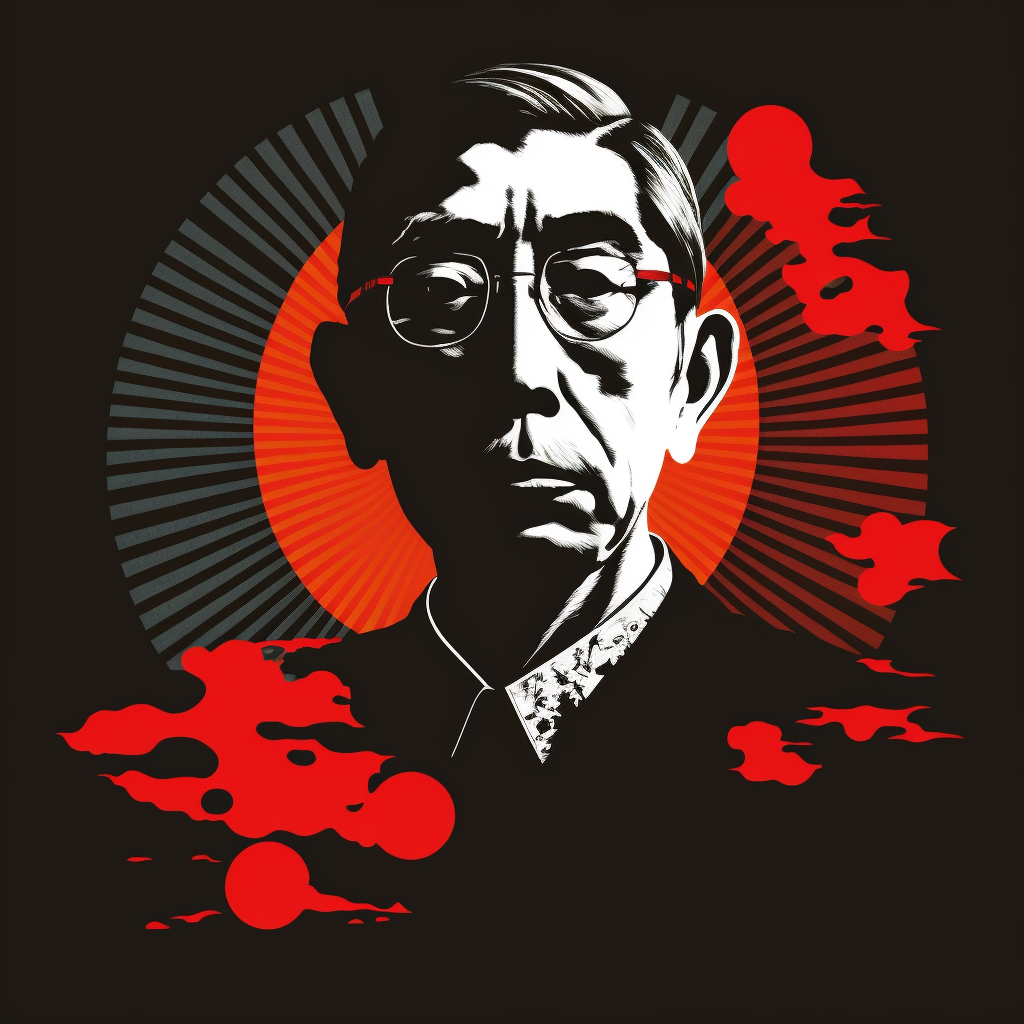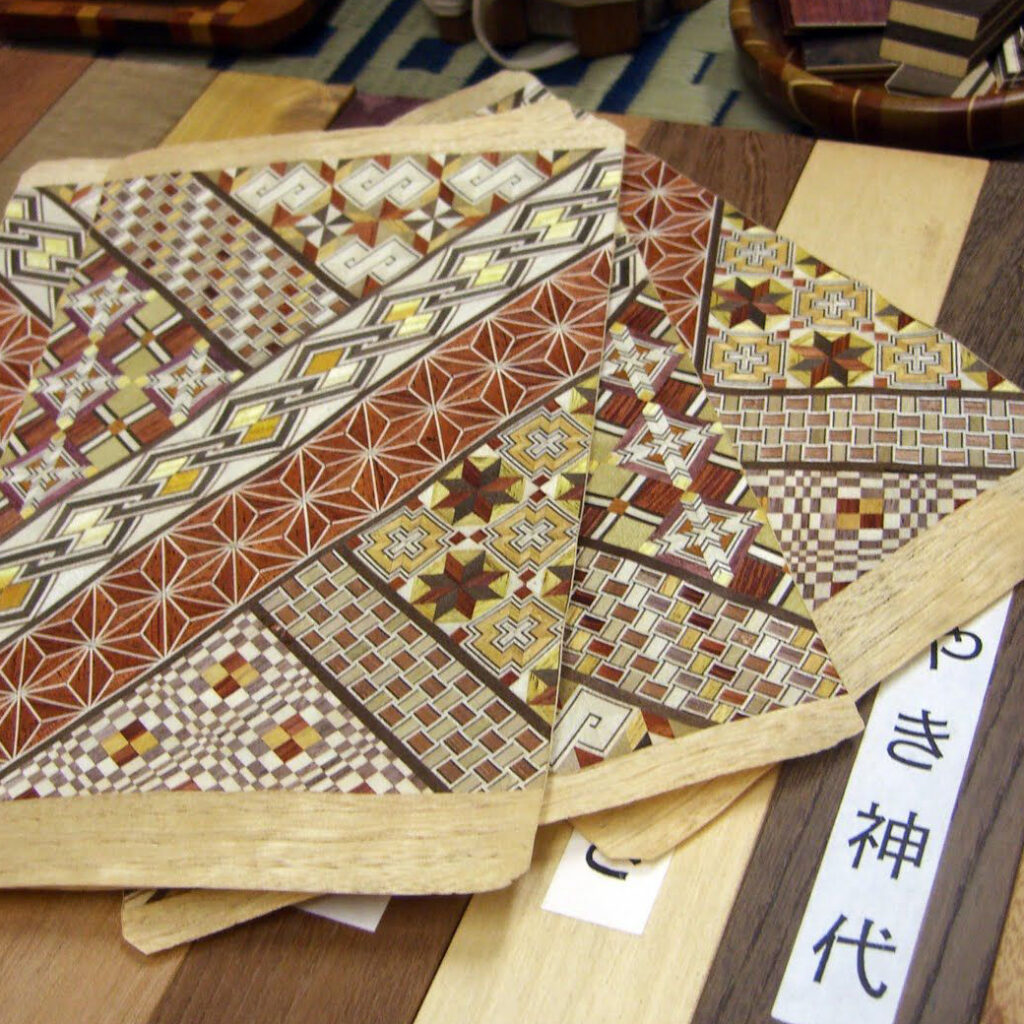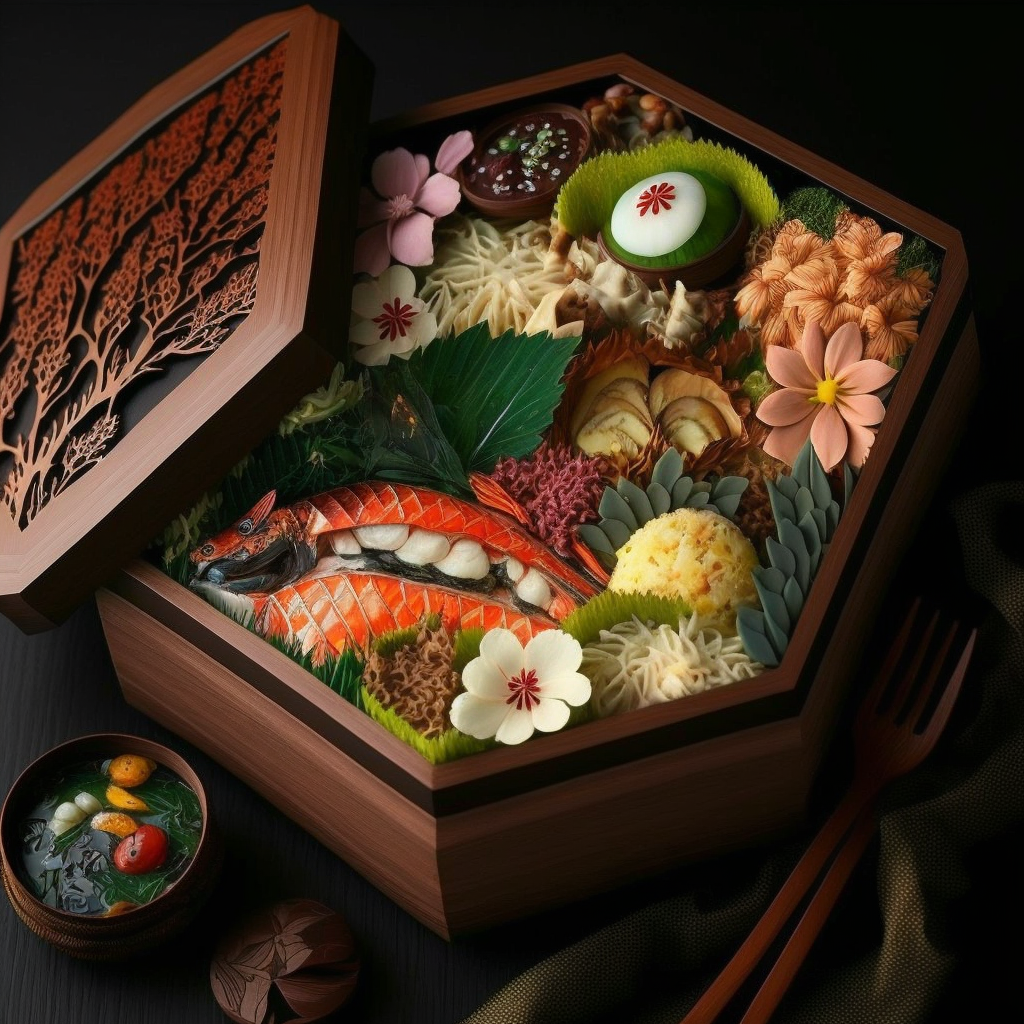Showa Day, Shōwa no Hi (昭和の日) is a holiday celebrated in Japan on 29 April to commemorate the birthday of Emperor Hirohito, who ruled Japan from 1926 to 1989 as Emperor Showa. The holiday was established in 2007 as an official public holiday to honour Emperor Showa and his long and important contribution to Japanese history.
Showa Day is celebrated in a variety of ways across Japan, with activities such as parades, exhibitions, concerts and cultural events. Some regions also organise activities for children, such as games and competitions, to celebrate the occasion.
Showa Day is an important time for Japanese people to remember Emperor Hirohito and his contribution to Japanese history, as well as to celebrate the country’s culture and traditions. It is also a day for families and friends to come together to celebrate and enjoy Japanese culture.
The aim of the festival is to encourage Japanese people to reflect on the 63 turbulent years of Hirohito’s reign (the end of Taisho democracy, the rise of fascism, the Second World War, the post-war occupation, the rise of Japan as an industrial and economic power) rather than to glorify the emperor himself.
Emperor Hirohito died on January 7, 1989, but it was the date of April 29, the day of his birth, during golden week, that was decided to celebrate Showa day instead of Greenery Day (みどりの日 Midori no hi), another golden week holiday, moved from April 29 to May 4.



